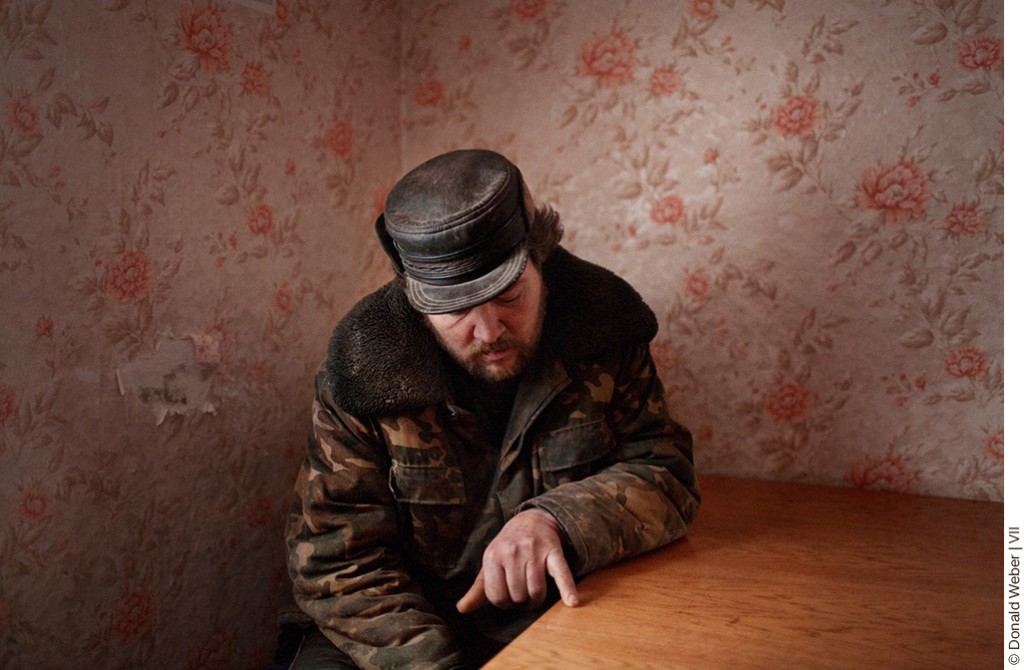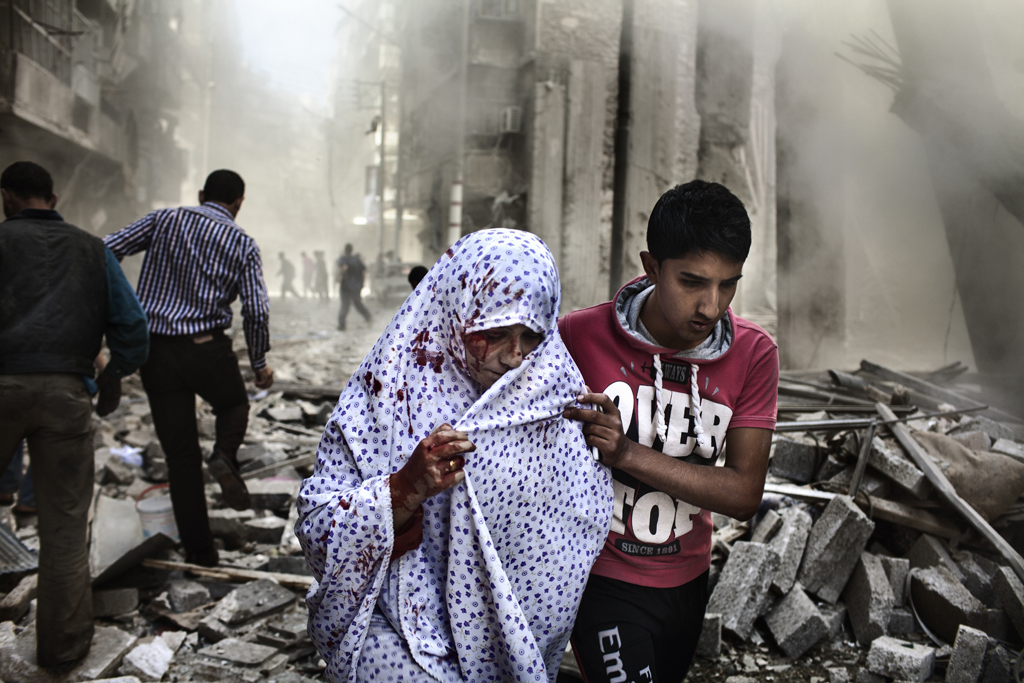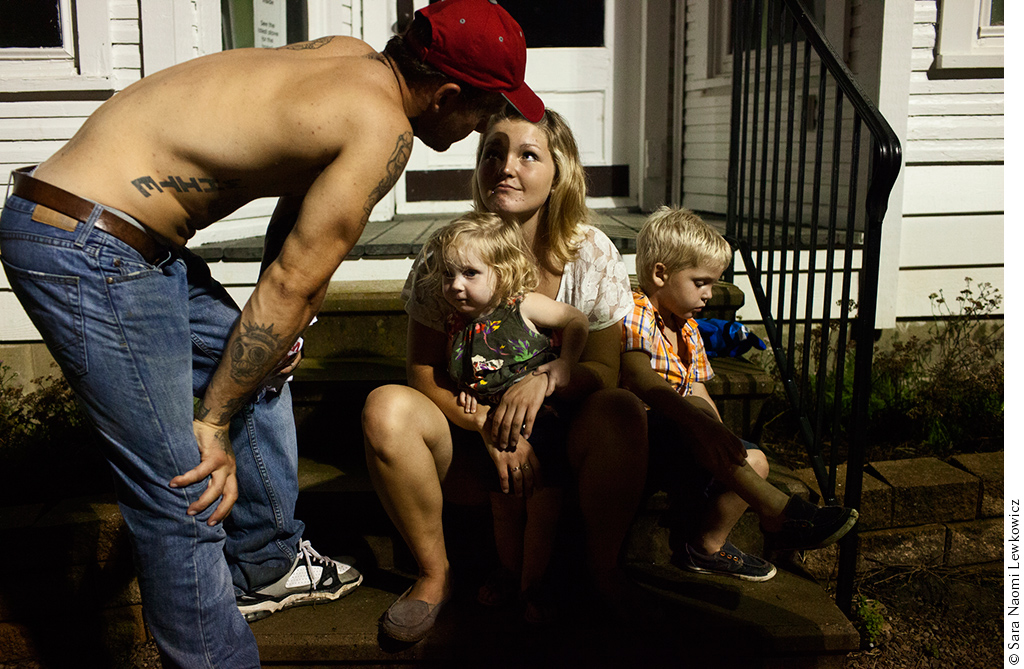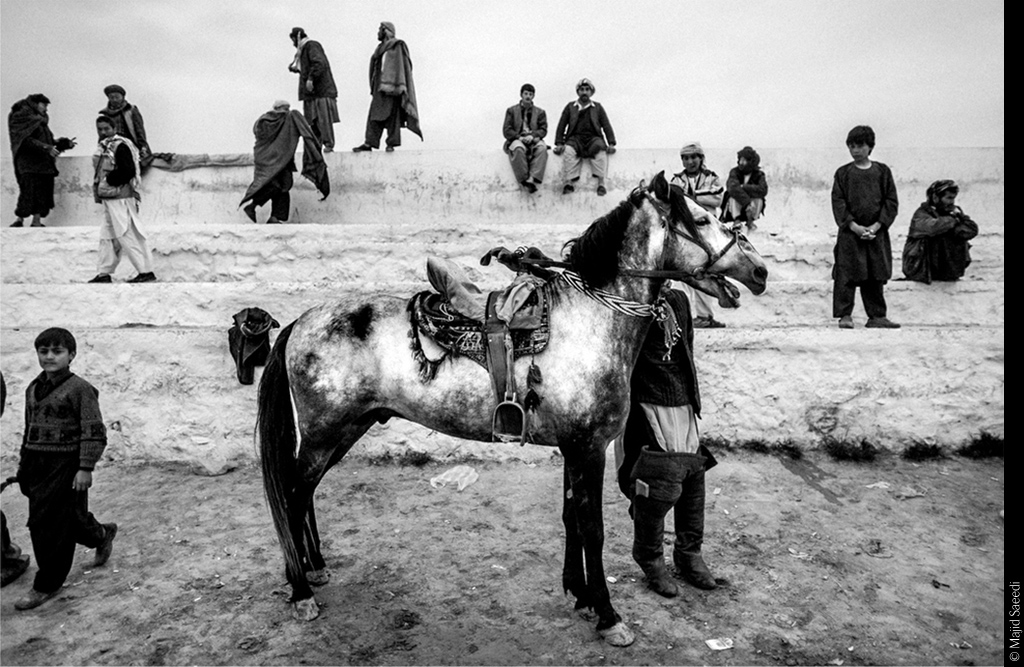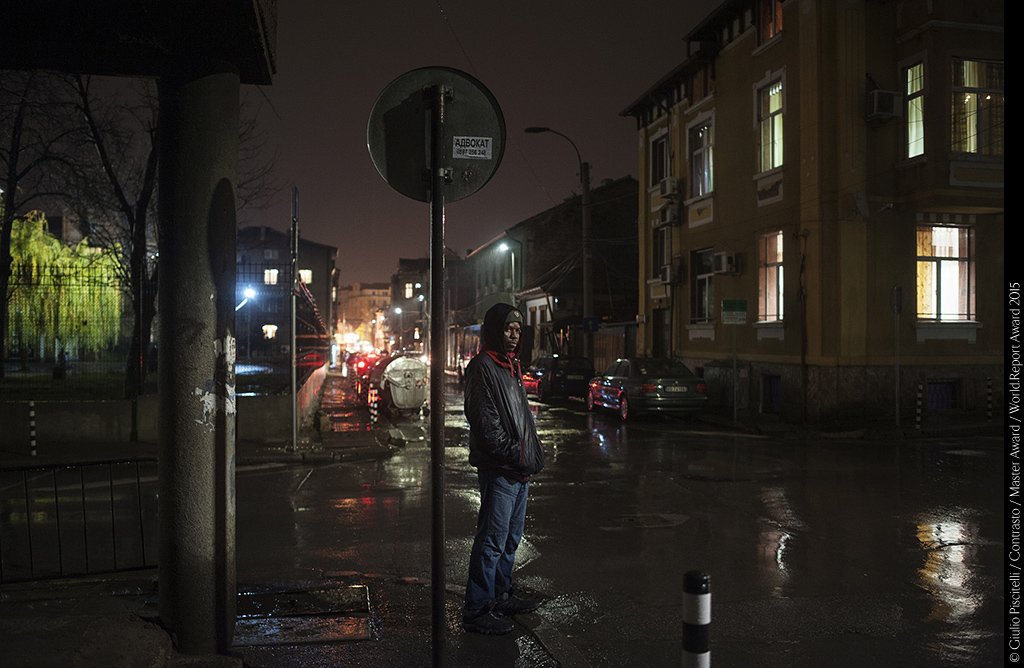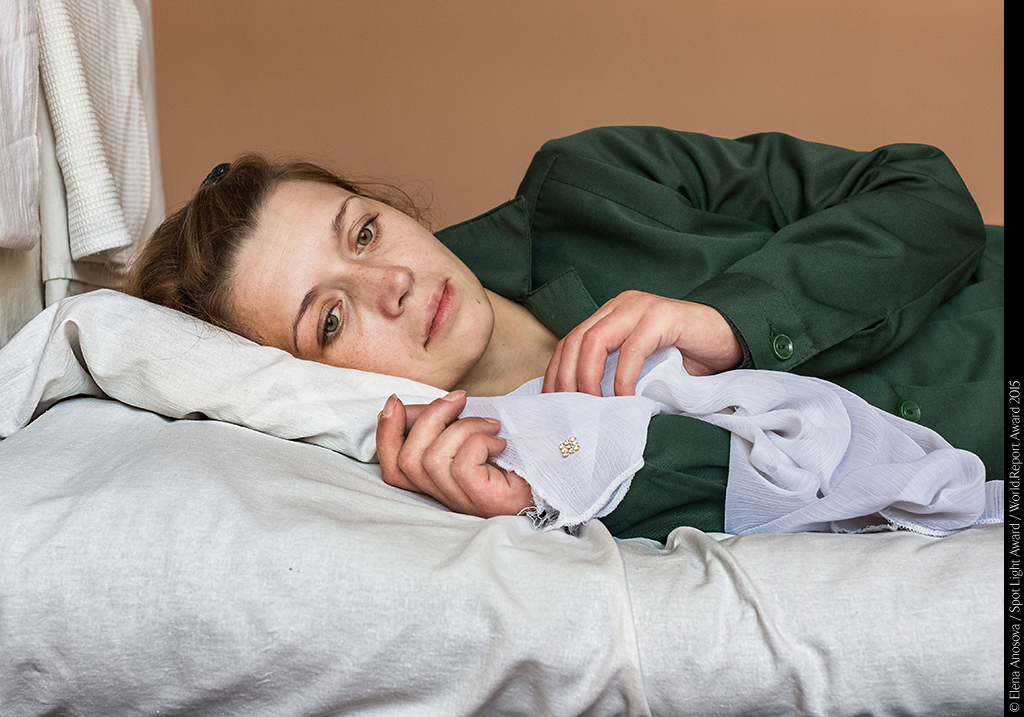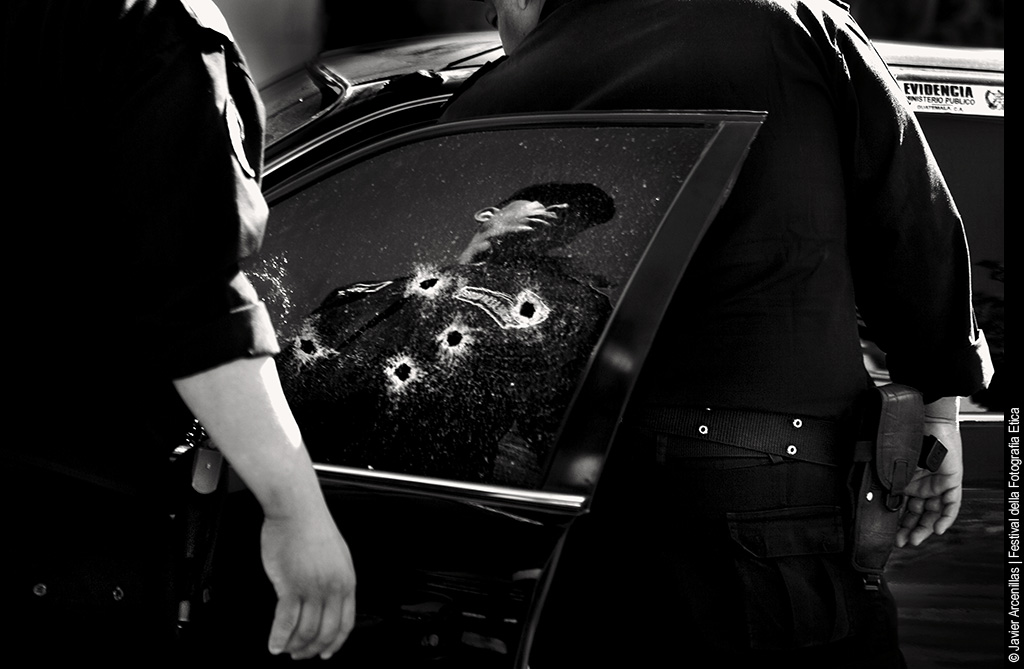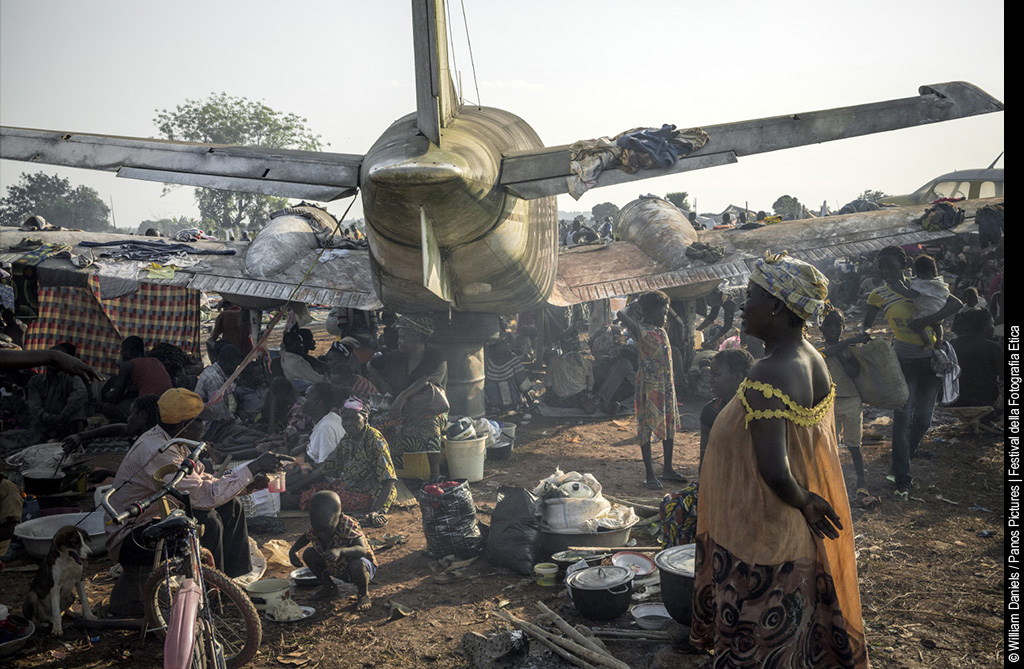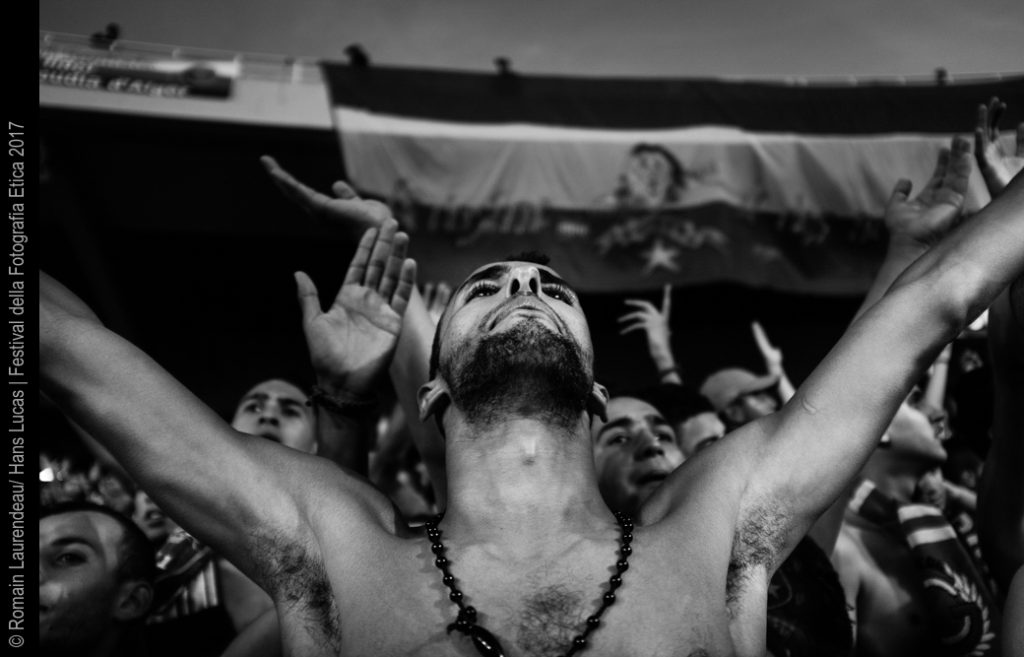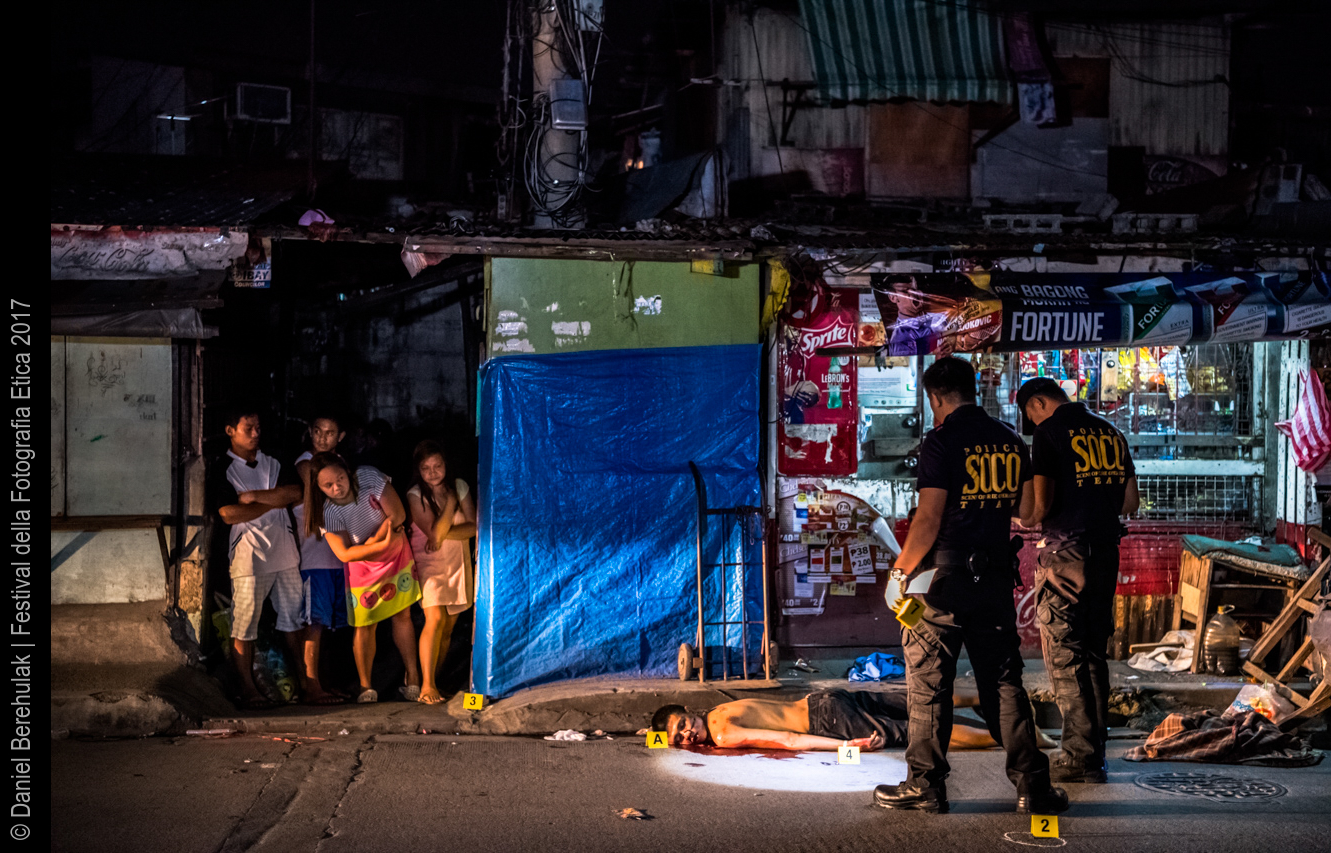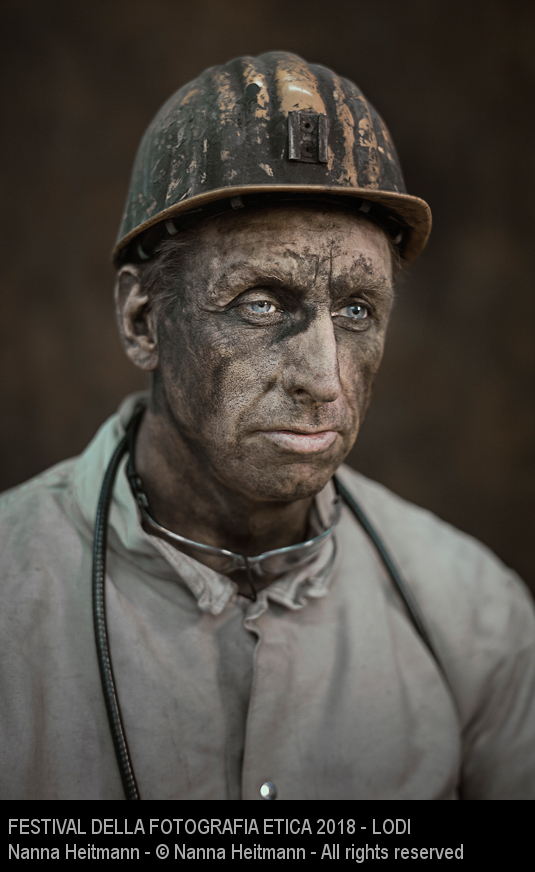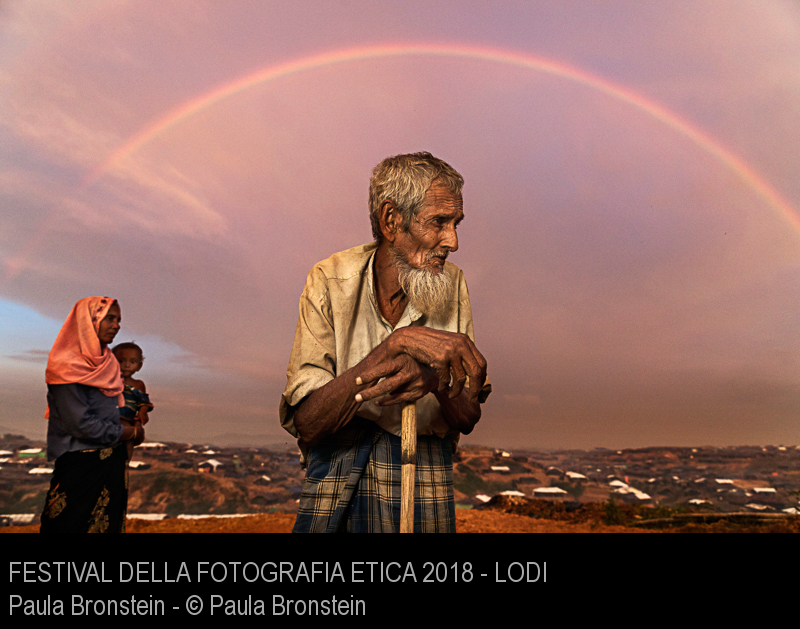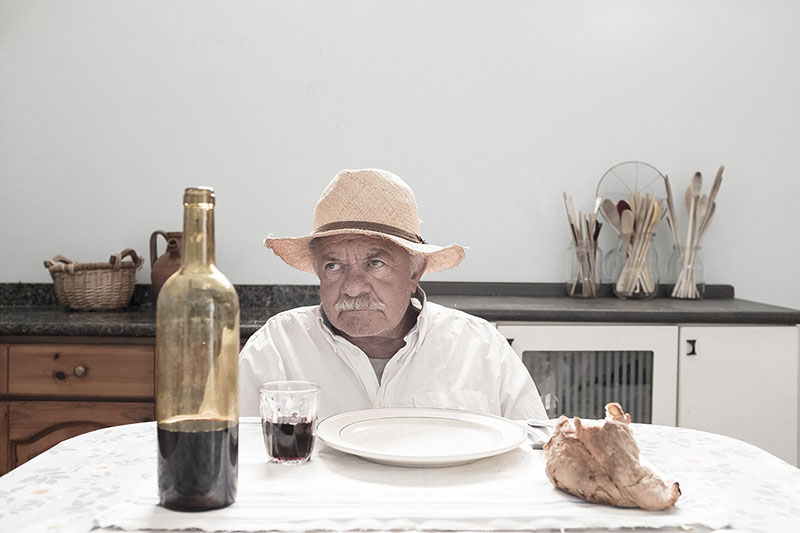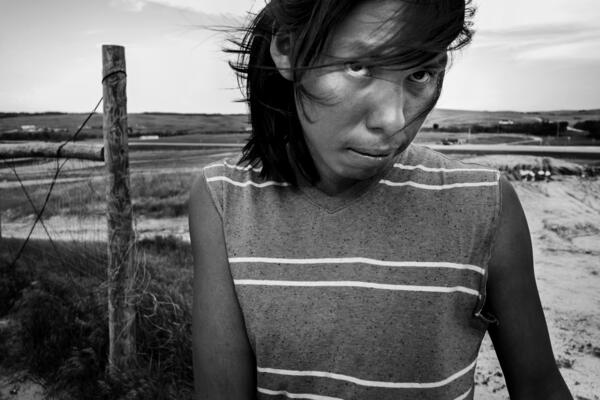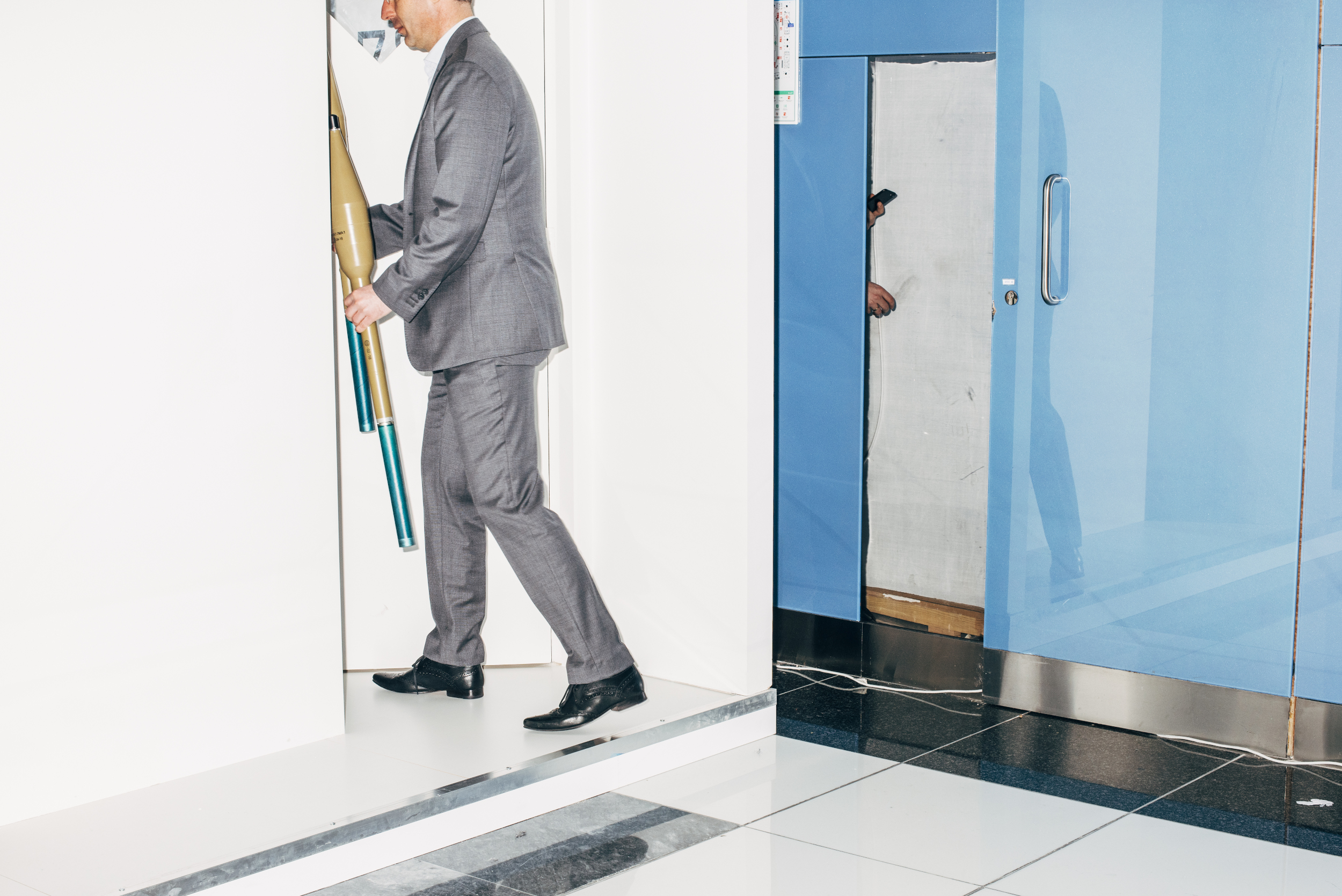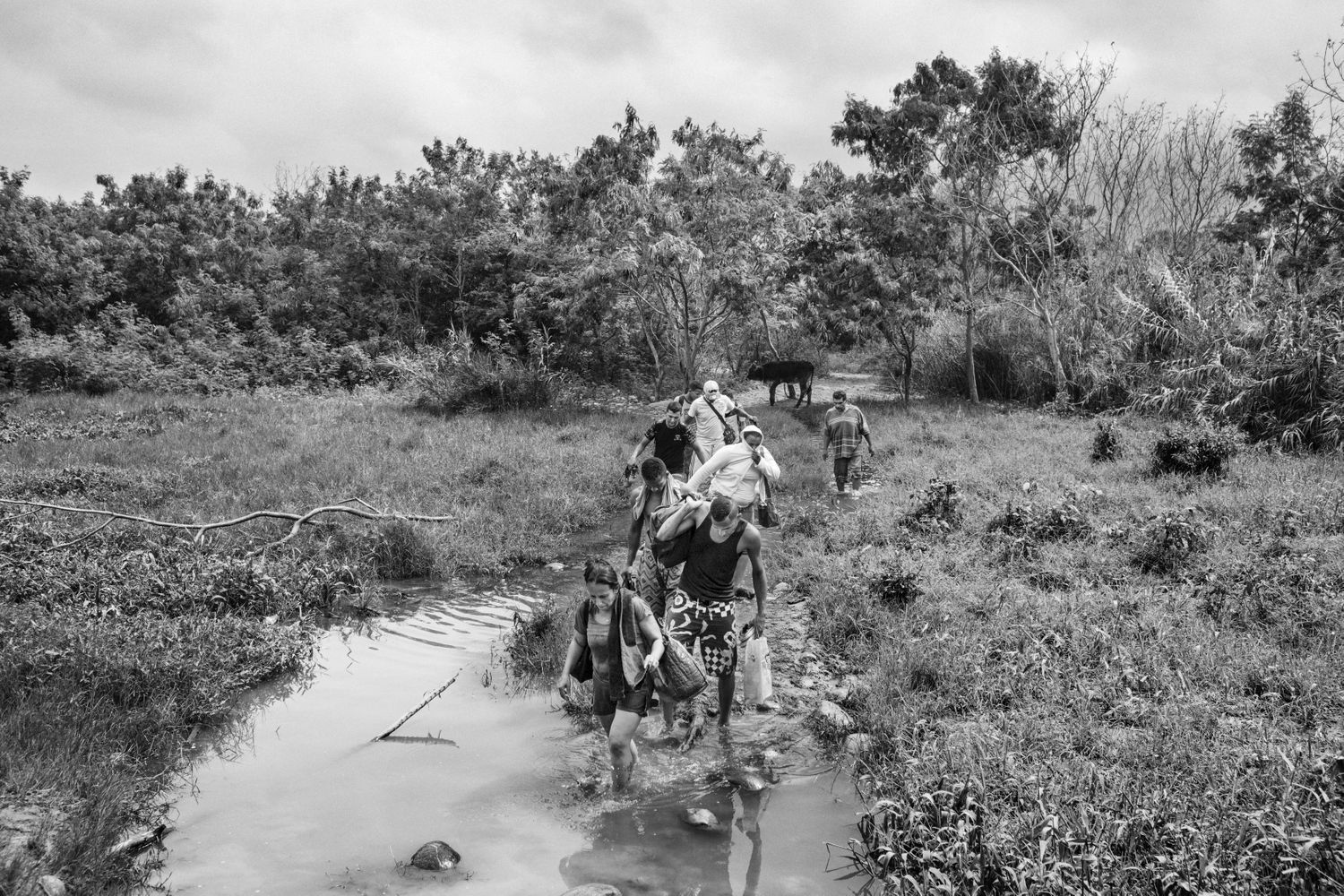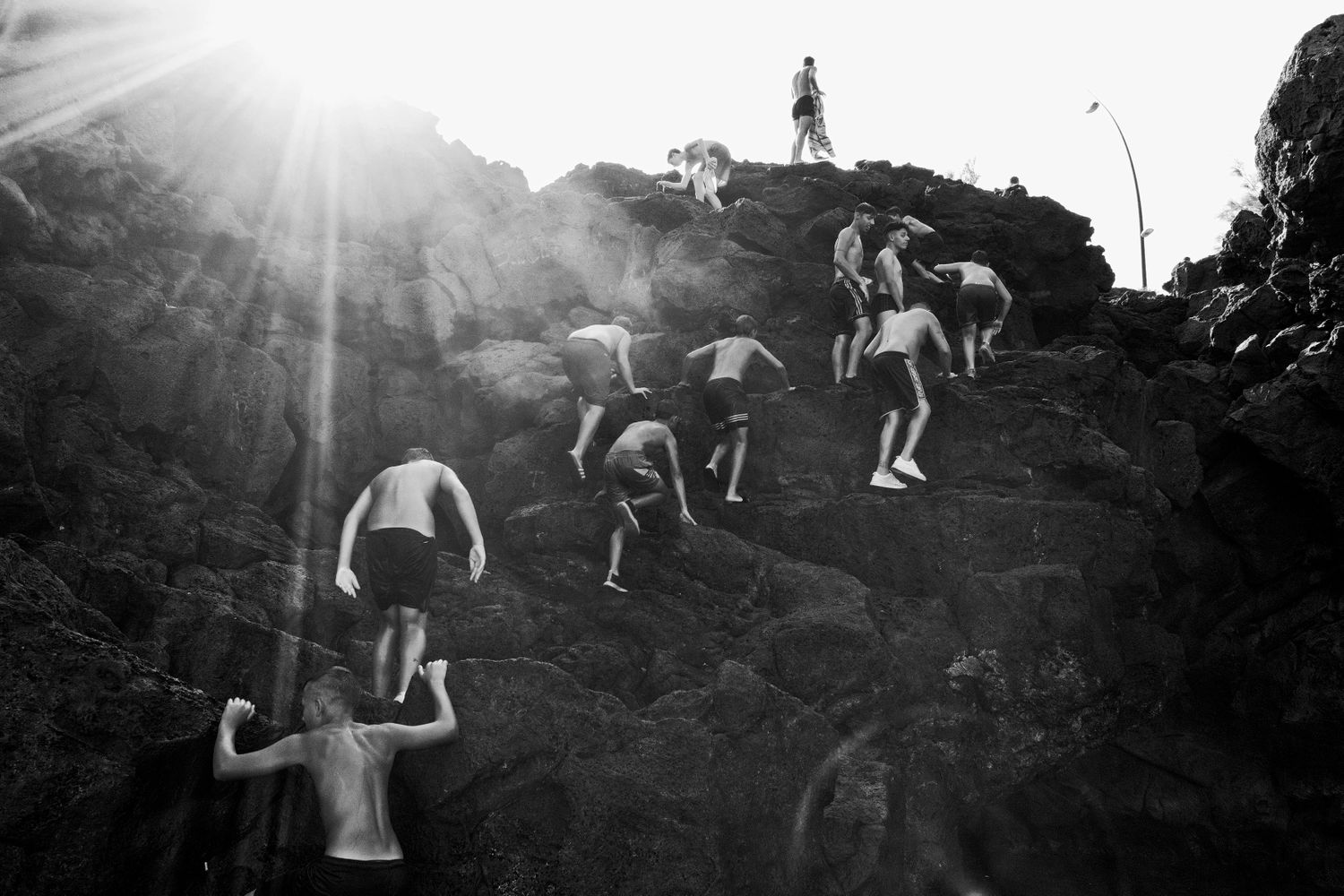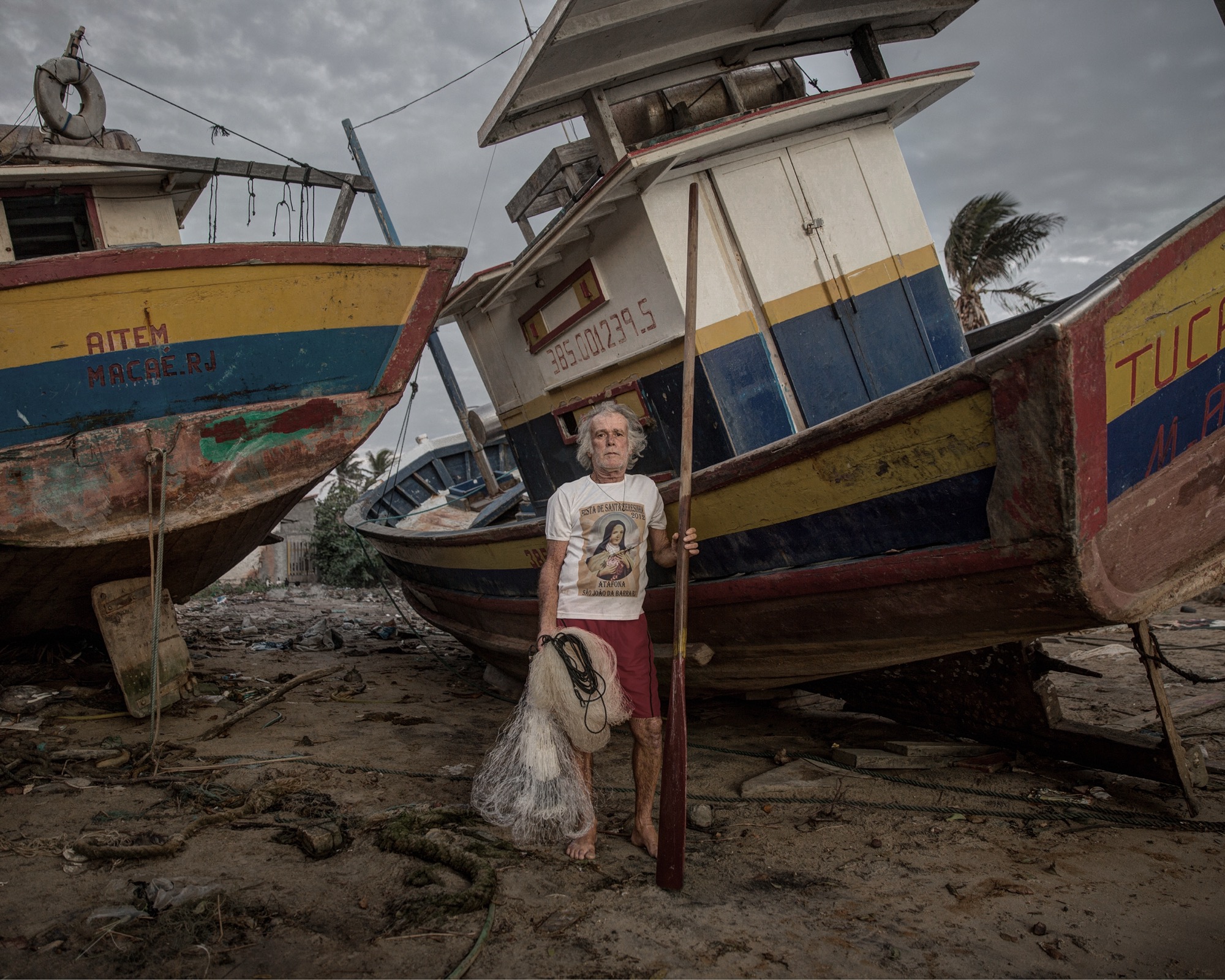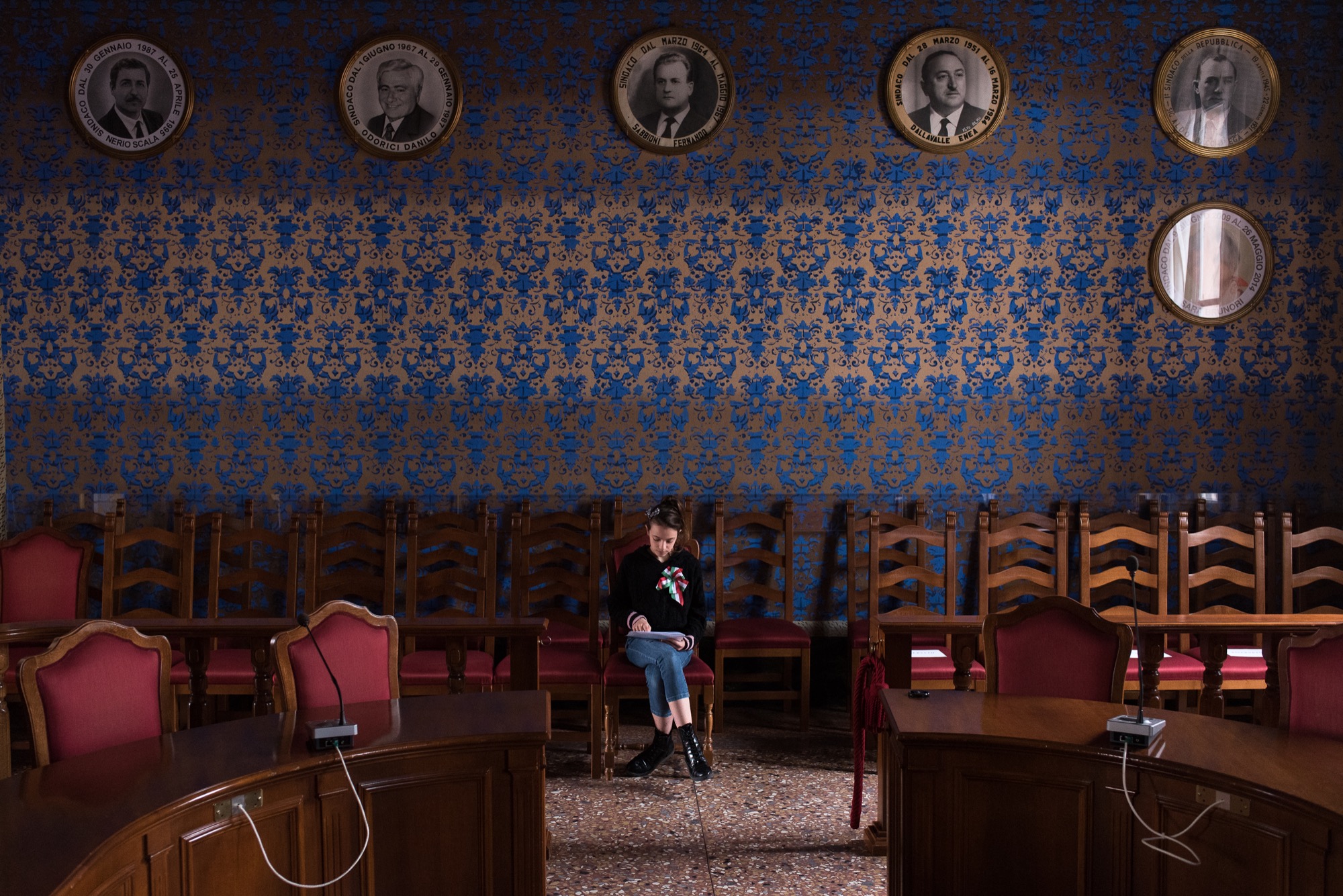
2011
Fausto Podavini – Mi | re | la
In 2011 when we created the contest there was only one category. The first winner was Fausto Podavini with an intimate work that some years later would go on to win the World Press Photo.
2012
Donald Weber – Interrogations
The following year Donald Weber was awarded the prize with his series of portraits from 2005 taken in interrogation rooms in the Ukraine.
2013 – Master Award
Fabio Bucciarelli – Battle to Death
Fabio Bucciarelli was one of the first to talk about the war in Syria.
A reportage that alternates situations of powerful action and images of very emotional impact, that give back the intimate stories of people affected by the events, as much as the documentation of the places.
2013 – Spot Light Award
Sara Naomi Lewkowicz – Shane and Maggie: A Portrait of Domestic Violencea
In that year we introduced a new category called Spot Light Award,unique in its genre as it awards those who have not previously won any of the following prizes before the participation in the WRA -World Press Photo, W. Eugene Smith Grant in Humanistic Photography, Pulitzer Prize, POYi Picture of the Year – those we consider the most important in the field of photojournalism.
The first edition of this category was won by Sara Naomi Lewkowicz with a reportage on domestic violence.
2014 – Master Award
Majid Saeedi – Life in War
A fresco of the Afghan society in its multiple nuances, recounting everyday life in a country that was able to keep its culture alive together with a flicker of normalcy in the midst of a devastating conflict. This Iranian photographer won the Master category.
2015 – Master Award
Giulio Piscitelli – From There to Here
“From there to here” wins the first prize in the category Master Award. It is a visual archive on migration in which Piscitelli bears witness to the complexity of the flow of migration toward Europe. The photographer show us with great humanity the magnitude of the collective and individual odyssey these people face.
2015 – Spot Light Award
Elena Anosova – Section
The project which won the Spot Light Award in 2015 shows women condemned to serve sentences in Siberian prisons. Anosova documents without judgment and with softness, intimate moment of self-meditation, sheltered from the endless exposure they are subjected to.
2016 – European Photographers Award
Javier Arcenillas – Latidoamerica
Javier Arcenillas – Latidoamerica In 2016 the World. Report Award introduced the category European Photographers Award which focuses on the European photographers’ different citizenships. For the first year, the project is addressed to Spanish photographers and it develops in collaboration with the PhotOn Festival of Valencia. The winner of this category is Javier Arcenillas with “Latidoamérica”. In spite of the dangerous situations, he succeeds in documenting effectively the violence which is present in Honduran society. This is an example of “live coverage” photojournalism that makes courage the base for witnessing social phenomena as extreme as these.
2016 – Master Award
William Daniels – C.A.R.
With extreme sensitivity, Daniels covers the recent history of the Central African Republic, plunged into one of the most neglected crisis on a global scale, documenting the whole nation through concise, journalistic, exacting and blunt photographs. Thanks to this project, William wins the Master Award 2016.
2017 – European Photographers Award
Romain Laurendeau – Derby
The European Photographers Award, in collaboration with the ManifestO Festival in Toulouse, focuses on French photojournalists. Among all the works, “Derby” stands out. This reportage brings us to the Algerian stadiums, maybe the only spaces available to the citizens to express their discomfort and dissatisfaction towards the government. This is the firts chapter of the project entitled “Kho, the Genesis of a Revolt”, which has recently won the World Press Photo contest in the Long-Term Projects, Stories category.
2017 – Master Award
Daniel Berehulak – They Are Slaughtering Us Like Animals
With this project Daniel Berehulak covers President Rodrigo Duterte’s brutal anti drug campaign in the Philippines, which began after his settlement in 2016. Since then, more than 3,000 people have been killed by the police. This is a serious and complex journalistic insight that the photojournalist realised masterfully.
2018 – Student Award
Nanna Heitmann – Gone from the Window – The End of an Era
In 2018 the Festival of Ethical Photography introduces a new category completely devoted to those who are approaching photography. The Student Award category is intended to discover and support talented young photographers.
Nanna Heitmann is the first winner of this category thanks to her story about the closure of the last existing coal mine. Through a new language, she covers the hope for the end of an era of human and environmental overexploitation. Some months later, the project will have been published on TIME magazine.
2018 – Master Award
Paula Bronstein – Stateless, stranded and unwanted: the Rohingya crisis
The powerful reportage documents one of the fastest cross-border migration ever recorded, the one of the Rohingya, the Muslim minority who has been subjected to a brutal campaign of ethnic cleansing as a result of the Myanmar military repression. With due regard for the grief experienced by an entire population, the narrative achieves strong emotional and documentary impact.
2019 – World Italy Award
Mariano Silletti – Serra Maggiore
The category World Italy Award, thematic section devoted to Italy, was introduced with the aim to celebrate the 10th edition of the Festival. Marino Silletti’s reportage covered the daily life in a rural village in the Italian region Basilicata where men and women decided to protect the local fragile beauty through the practice of traditional agriculture.
2019 – Master Award
Darcy Padilla – Dreamers
The American photojournalist narrates the lives of the Native Americans of the Pine Ridge Indian Reservation which is considered the poorest area of the United States. Darcy Padilla also covers the way the Community is fighting against meth and alcohol abuse. Thanks to this reportage, the photographer wins the Master Award 2019.
2020 – Master Award
Nikita Teryoshin – Nothing Personal – The Back Office of War
Teryoshin’s ongoing project, which began in 2016, documents war and weapons from a peculiar point of view. Nothing personal shows the back office of war, which is the complete opposite of a battlefield: an oversized playground for adults with wine, finger food and shiny weapons. Dead bodies here are mannequins or pixels on screens of a huge number of simulators. Bazookas and machine guns are plugged into flat screens and war action is staged in an artificial environment in front of a tribune full of high ranked guests, ministers, heads of states, generals and traders. With this reportage, Teryoshin wins the World Press Photo 2020 in the category Contemporary Issues.
2020 – Madre Terra Award
Dario de Dominicis – To the Left of Christ
In the 2020 edition, we introduced the Madre Terra Award, a thematic section devoted to the enviromental issues. With his reportage, Dario de Dominicis covers the devastating effect of the industrial development in the already economically depressed area of Guanabara Bay, Rio de Janeiro’s natural harbour. Territory limitations come from the Navy activities and from the congested shipping lanes, but even more restrictions are imposed by oil companies. As well as possible contaminations by the oil industry, the bay is also threatened by city pollution.
2021 – Master Award
Nicolò Filippo Rosso – Exodus
In Latin America, a lack of job opportunities, access to education, political corruption, and impunity have persisted for generations fueling a circle of violence and displacement that is both the symptom and the cause of disrupted societies. Nicolò Filippo Rosso, an Italian documentary photographer, testifies for four years the journey of refugees and migrants from Venezuela to Colombia and from Central America to Mexico and the United States. Thanks to his work he won the 2021 Master Award.
2021 – Future Generations Award
Daniele Vita – Bathers
Daniele Vita, an Italian freelance photographer, followed a group of 10 children aged 11 to 15 from Catania,a city with a high percentage of people affected by poverty and social exclusion. Most of these kids already have a troubled past or are experiencing their present in a way that doesn’t reflect their young age at all. The photographer portrayed them among the rocks, while I could glimpse things as they were in their childhood. Thanks to this reportage he won the 2021 Future Generartions Award.
2022 – Master Award
Felipe Fittipaldi – Eustasy
Sea level rising and the disastrous human interventions along the Paraíba do Sul River made a small town located in its delta, Atafona, the most significant case of coastal erosion in Brazil. Felipe Fittipaldi, Brasilian photographer, made a project that have its roots in a visual exploration of the complex relationship between a community and its environment, that is at once intimate and ruthless, and starring characters either coming to terms with what has passed, awaiting the next deluge. With this work Felipe won the 2022 Master Award.
2022 – Short Story Award
Isabella Franceschini – Becoming a Citizen
Michelle, a 15-year-old girl, is one of the youngest mayors in Italy and a newly elected Italian regional councilor. This is due to the fact that in 1997 a Parliament law allowed for the participation of children in political bodies through Children’s Municipal Councils, which are organized in the same way as a typical senior Council. Isabella Franceschini, Italian freelance photographer, documented the everyday life of this young mayor. Thanks to her reportage won the 2022 Short Story Award.

